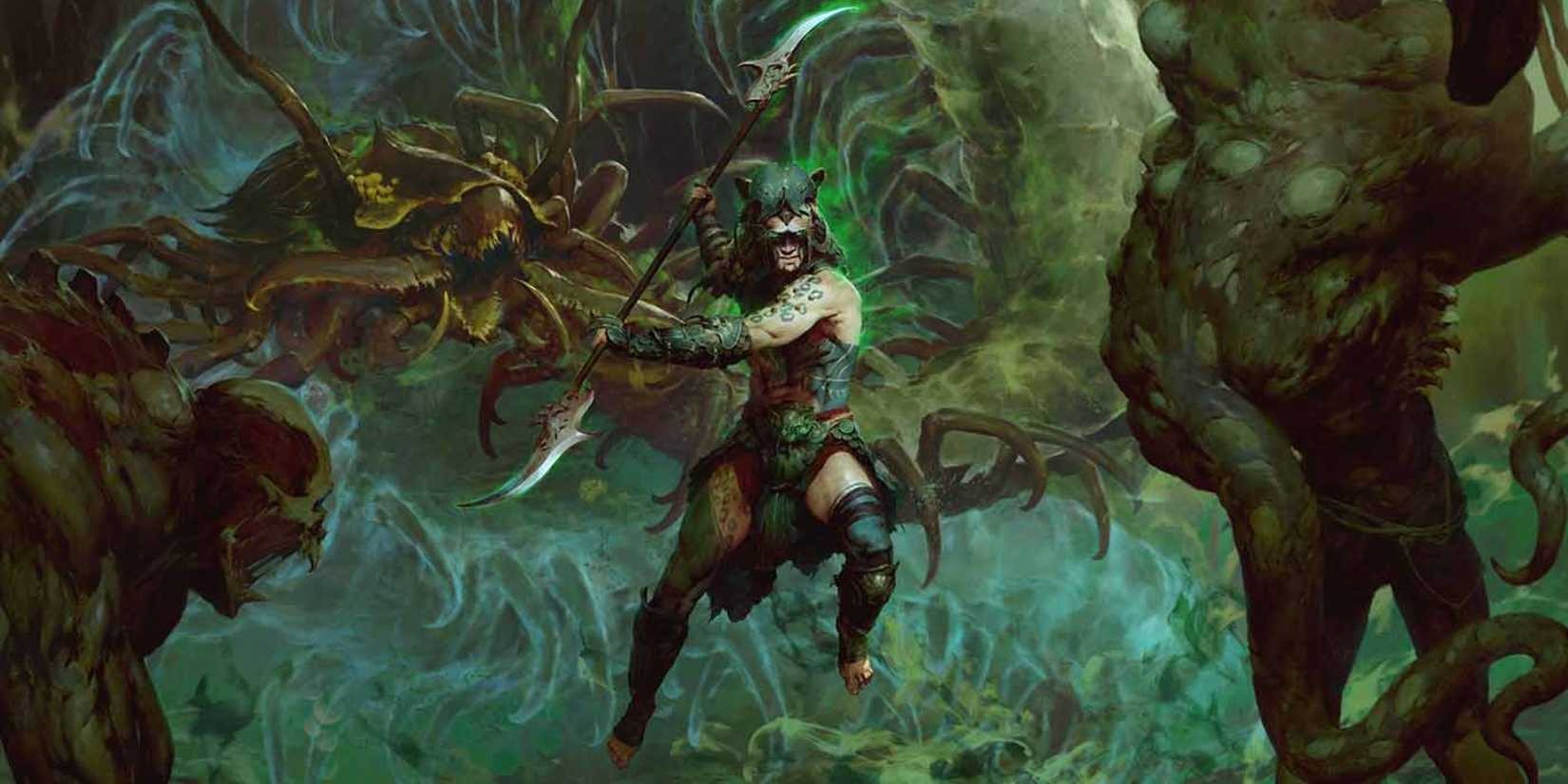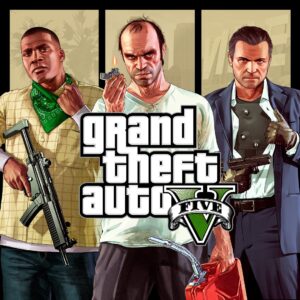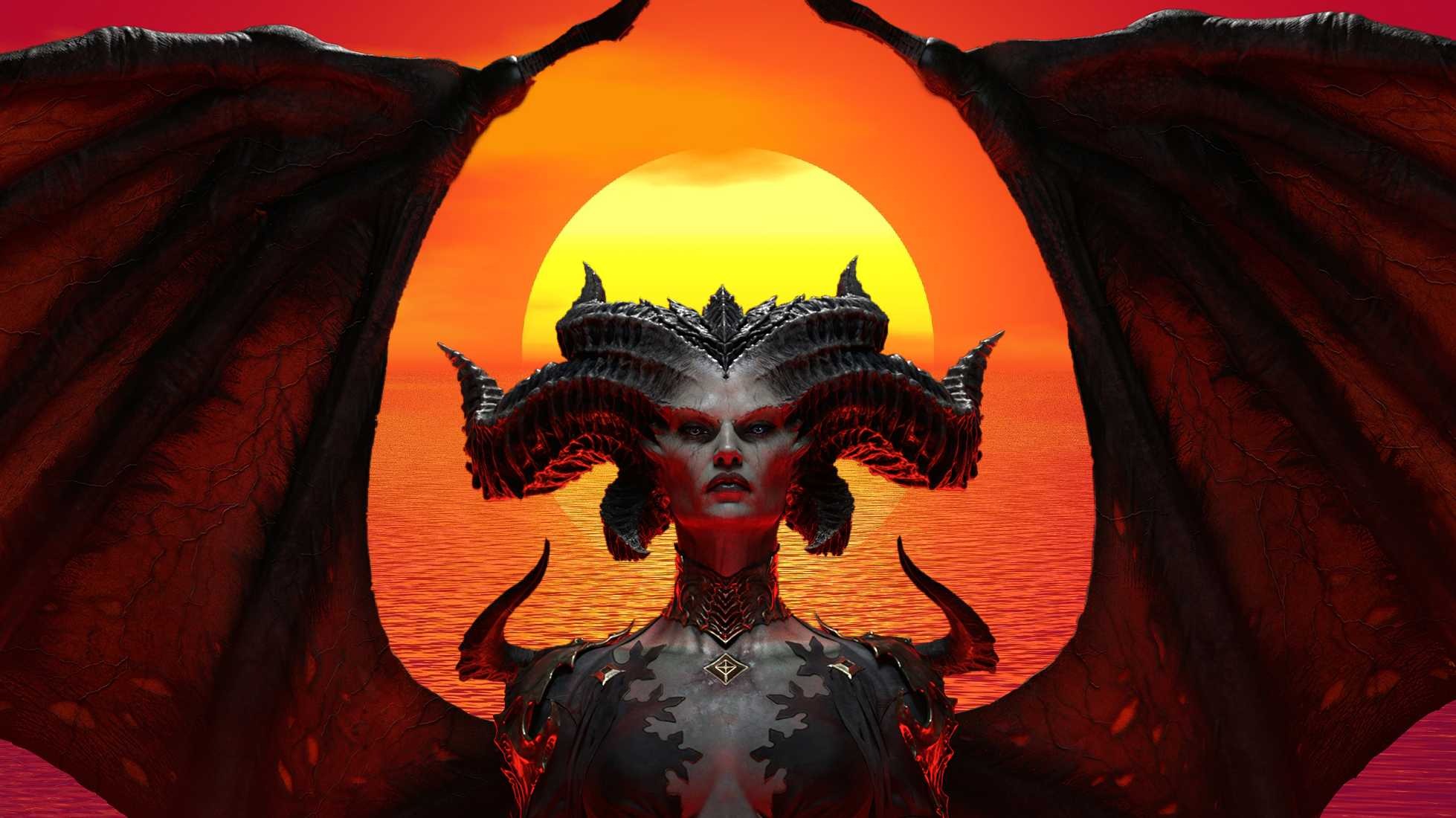An Era Concludes: Rod Fergusson’s Departure Marks a Pivotal Moment for the Diablo Franchise
Popular Now
 God of War Ragnarök
God of War Ragnarök
 Grand Theft Auto V
Grand Theft Auto V
 Valorant
Valorant
 NBA 2K24
NBA 2K24
 Schedule I
Schedule I
 Auto X Drift Racing 3
Auto X Drift Racing 3
 Gacha Club
Gacha Club
 Black Myth: Wukong
Black Myth: Wukong
 Fall Guys
Fall Guys
 Genshin Impact
Genshin Impact  For five years, Rod Fergusson was the guiding hand of the Diablo franchise, a steady presence that saw the launch of Diablo 4, the remaster of Diablo 2: Resurrected, and the mobile title Diablo Immortal. His tenure, which began in 2020, has now officially come to an end. In a surprising announcement, Fergusson revealed that he is leaving Blizzard and Microsoft to “see what’s next.” This departure marks a pivotal moment for the series, concluding a significant chapter and raising questions about the future direction of the franchise. While Fergusson has expressed confidence in the teams he leaves behind, his exit leaves a vacuum at the top of a franchise that has been under intense public scrutiny since the launch of its latest installment.
For five years, Rod Fergusson was the guiding hand of the Diablo franchise, a steady presence that saw the launch of Diablo 4, the remaster of Diablo 2: Resurrected, and the mobile title Diablo Immortal. His tenure, which began in 2020, has now officially come to an end. In a surprising announcement, Fergusson revealed that he is leaving Blizzard and Microsoft to “see what’s next.” This departure marks a pivotal moment for the series, concluding a significant chapter and raising questions about the future direction of the franchise. While Fergusson has expressed confidence in the teams he leaves behind, his exit leaves a vacuum at the top of a franchise that has been under intense public scrutiny since the launch of its latest installment.
Fergusson’s time at the helm was marked by both major successes and considerable challenges. Diablo 4 was a massive commercial hit, becoming Blizzard’s fastest-selling game of all time. However, the game also faced a great deal of criticism from the community over its endgame content, itemization, and slow pace of updates. Fergusson and his team, including a number of other key departures like lead class designer Adam Jackson, were a constant presence in “Campfire Chats” and developer videos, where they often fielded a mix of praise and criticism from the fanbase. His departure, along with other recent team changes, signals a significant shakeup in the leadership of the franchise and the beginning of a new, yet-to-be-defined era for the future of Sanctuary.
A Legacy of Launches and Live Service Challenges
Rod Fergusson’s legacy at Blizzard is complex. He was instrumental in steering the ship for the launch of three major Diablo titles, each with its own unique set of challenges and successes. Diablo 2: Resurrected was widely praised for its faithful recreation of the classic game, while Diablo Immortal, despite a controversial announcement, found a massive audience on mobile devices. However, it is Diablo 4 that will likely define his tenure. The game’s live service model and seasonal content have been a constant source of debate within the community. While some updates, like the recent Vessel of Hatred expansion, have been well-received, the overall pace of change and the focus of the content have left a portion of the fanbase feeling frustrated. Fergusson’s departure comes at a time when the game is still working to win over some of its most critical players.
The timing of his exit is particularly noteworthy. With a second major expansion for Diablo 4 rumored for 2026, and a new roadmap for the game’s future in place, the franchise is at a critical juncture. The next person to take the reins will have a major responsibility to continue the momentum of the franchise while also addressing the long-standing concerns of the community. Fergusson, in his announcement, expressed that the teams are “set up for success,” which gives some hope that the next era will be a prosperous one. The community, however, is rightly anxious about the future, with many wondering if the departure of such a key figure will lead to a new, more responsive approach to the game’s development.
 What’s Next for Diablo?
What’s Next for Diablo?
The void left by Fergusson’s departure is a large one, and who will fill it is not yet known. The future of Diablo is now in the hands of a new leadership team, and the community will be watching closely to see what changes, if any, will be made. The announced roadmap for 2025 and 2026, which includes a second expansion, new ranking systems, and the long-awaited introduction of leaderboards, still offers a clear path forward. However, without Fergusson’s public-facing role and hands-on leadership, the tone and style of communication with the community may change. This could be either a good or a bad thing, depending on how the new team chooses to engage with players.
Ultimately, the departure of Rod Fergusson is a major event, a clear demarcation between one chapter of the Diablo franchise and the next. His legacy includes steering the series through some of its most high-profile launches in years. Now, as the teams he helped build move forward with an “exciting slate of releases ahead,” the community is left to wonder what the new era of Diablo will look like. The hope is that the foundation he helped establish will be strong enough to support the future of the franchise and that the next leadership team will continue to listen to the passionate, and often vocal, fanbase. For now, we can only watch and wait to see what new fires the developers will be stoking in Sanctuary.










 What’s Next for Diablo?
What’s Next for Diablo?